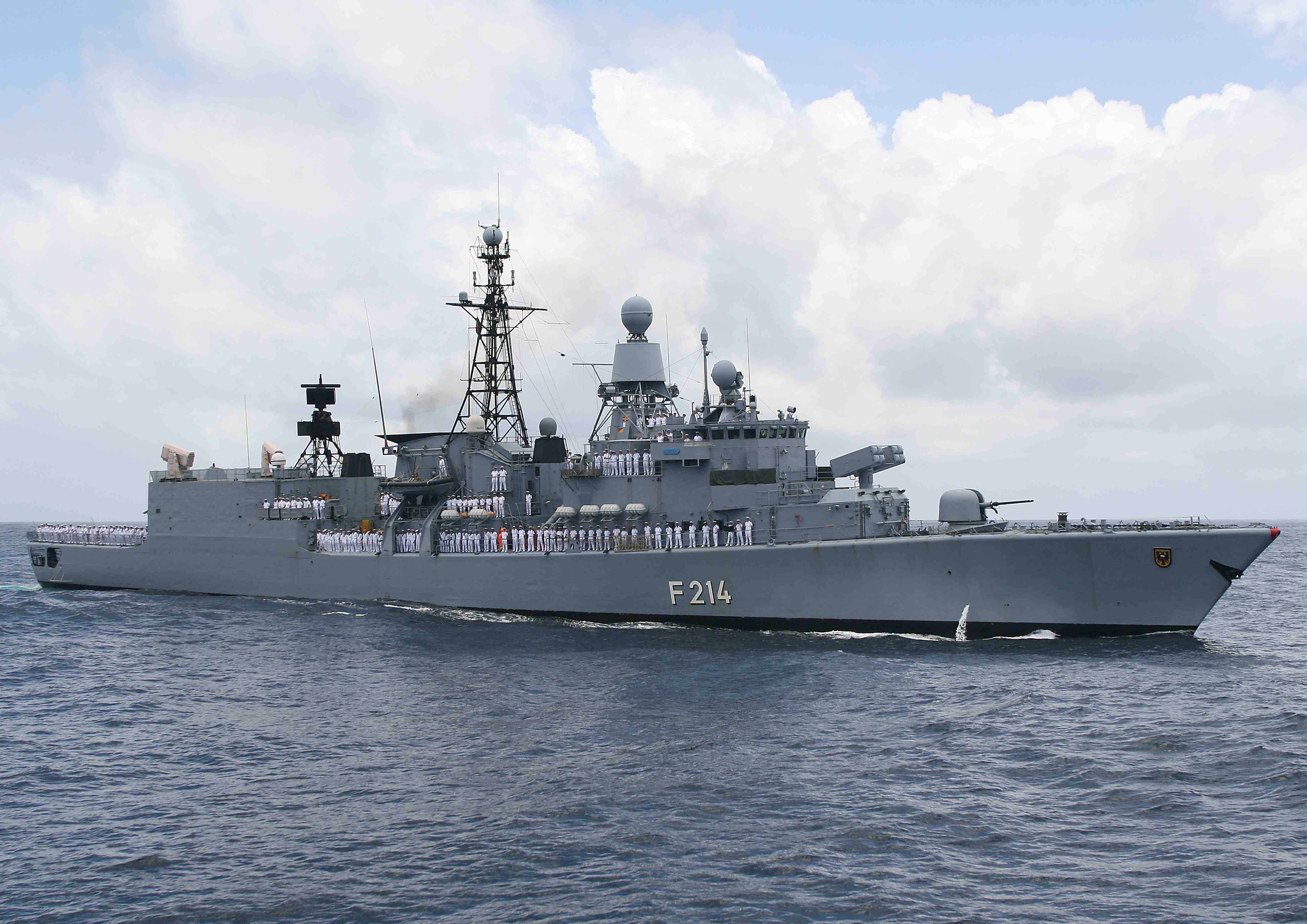EU defense missions are changing
(BRUSSELS2) Defense Europe missions are changing - as detailed by Hansjörg Haber, the EU Civilian Operations Commander, during a seminar at the EPC on the end of the police mission of the EU in Bosnia and Herzegovina (After the EU Police Mission in Bosnia and Herzegovina – Lessons learned for the CSDP) Thursday (June 14). If the military missions represent more personnel in number, the civilian dimension is indeed much more "dynamic". The reform of the security sector corresponds to a "niche" which the EU is the only one to deal with in this way. It is in fact an 'EU specialty'.
The role of delegations and missions
We also have a dynamic evolution of the EU's external action, with the role of the delegations increasing while the role of the missions "recedes". This is, it seems, a good thing, according to him. We are thus moving towards an approach "less fragmented"."We are on this way". In other words, towards "a global approach". But there is - within the European diplomatic service (EEAS) - always"two cultures": that of the Council, oriented towards the missions, and that of the Commission, oriented towards the delegations. You have to see, "depending on the context, what is the best instrument" knowing the contingencies of each. There is thus more political control (of the Member States) over the missions than over the delegations. The Member States want to "maintain their own profile alongside the missions" and "influence them". "Kosovo's example is the most striking, between those who support independence and those who don't. From its conception, the EEAS understands these two cultures and is therefore a good way to limit rivalries, especially with its geographical office approach."We mix the two". But we haven't gotten to the mixing point yet."We are only beginning".

